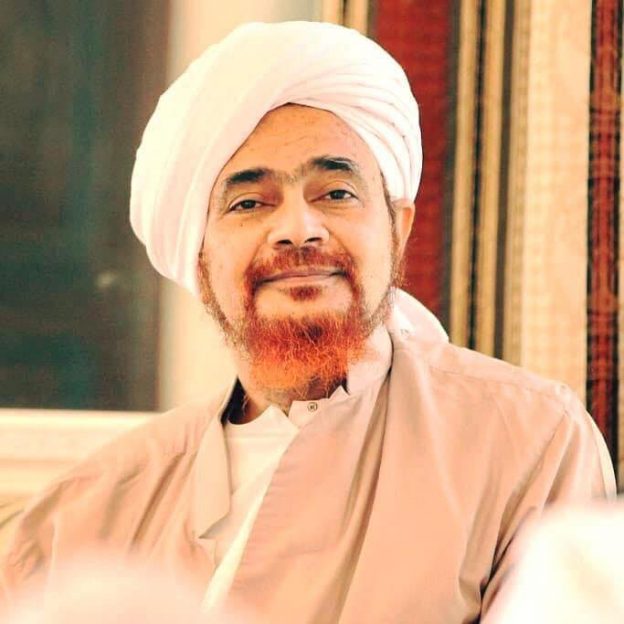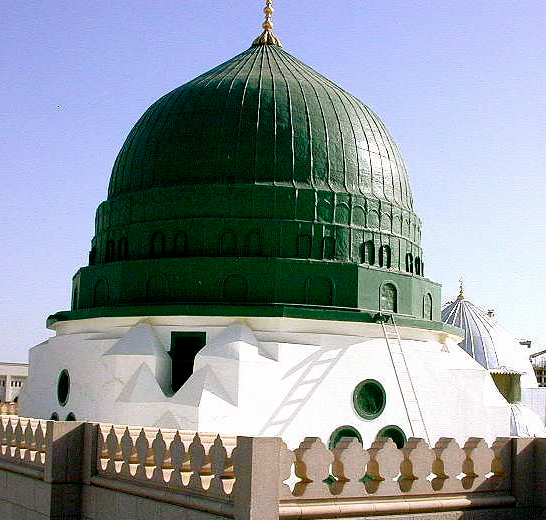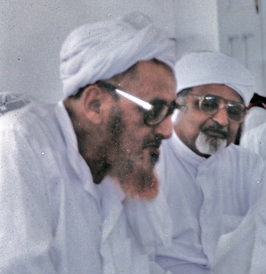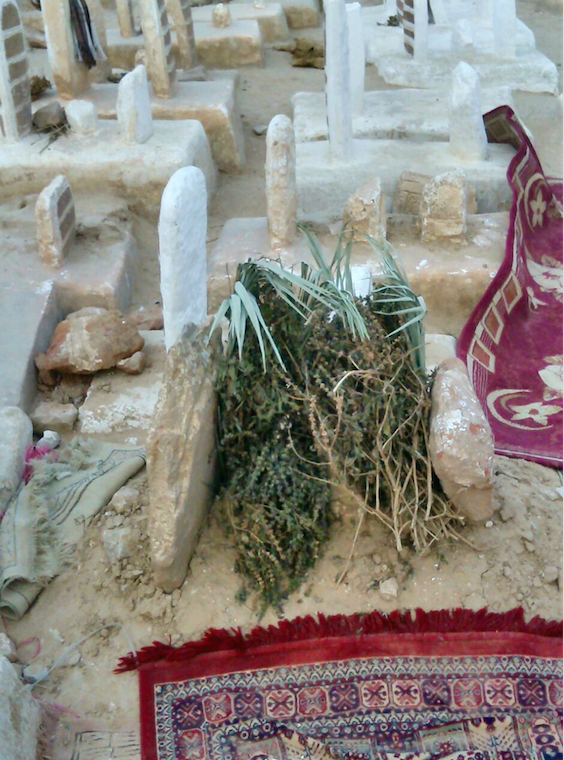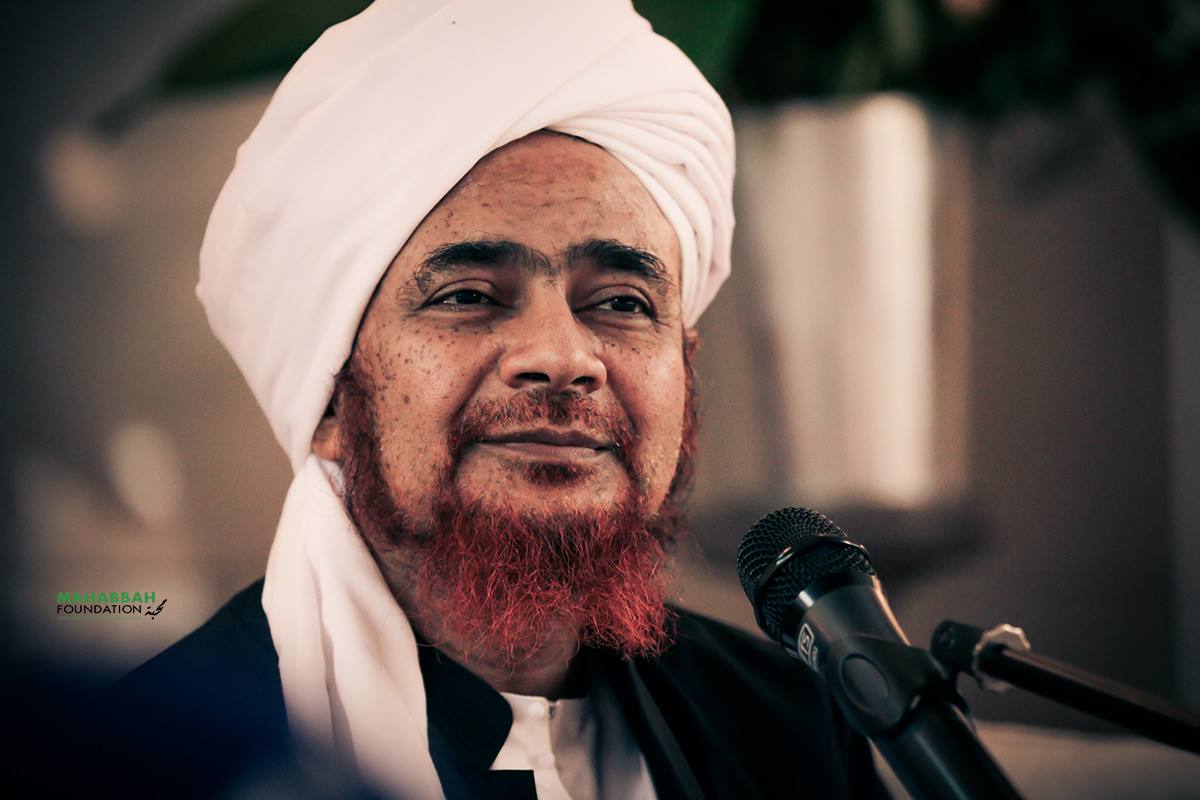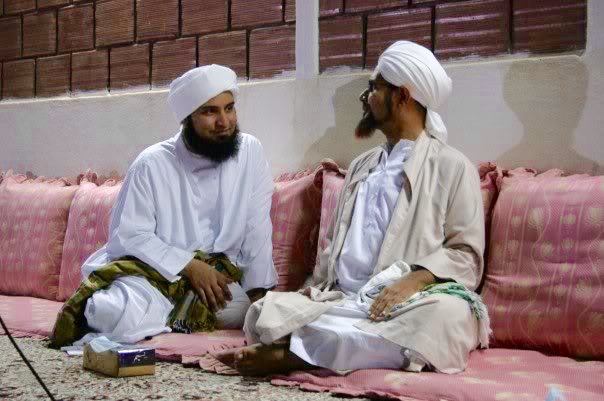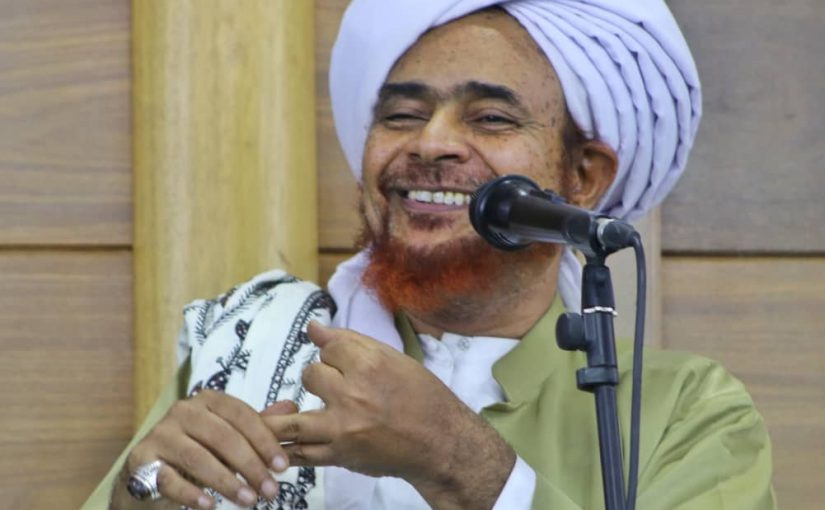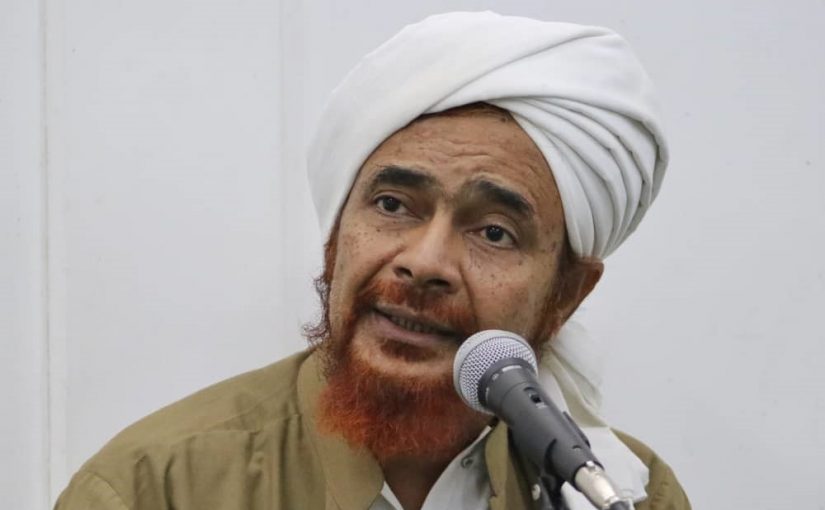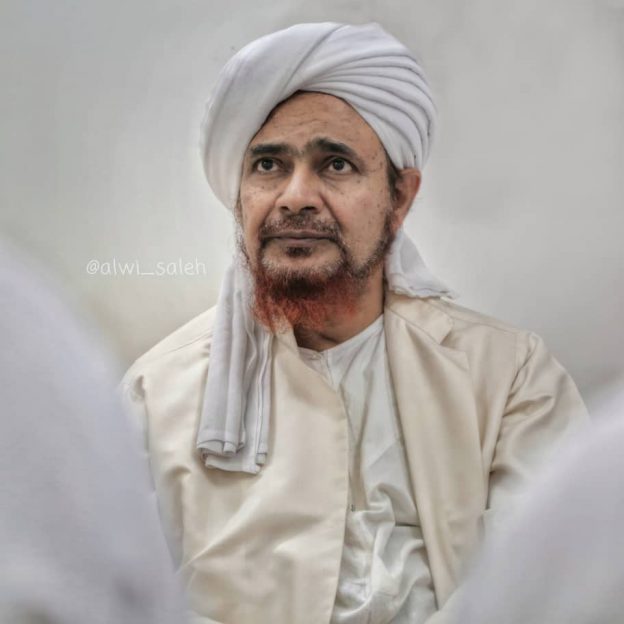Answered by Sayyidi Habib Umar bin Hafiz (may Allah protect him and benefit us by him).
Is it permissible to feed non-Muslims in Ramadan during the day?
Non-Muslims are not required to fast, so it is permissible to feed them during the day in Ramadan. It is our duty to invite them to Islam. Once they have entered Islam they are required to fast. We should not, however, give them food if they will then eat it in front of Muslims who are fasting. In a country in which the majority of people are Muslim, non-Muslims should not eat and drink openly, for this may encourage Muslims to do the same. Continue reading Feeding Non-Muslims in Ramadan During the Day

